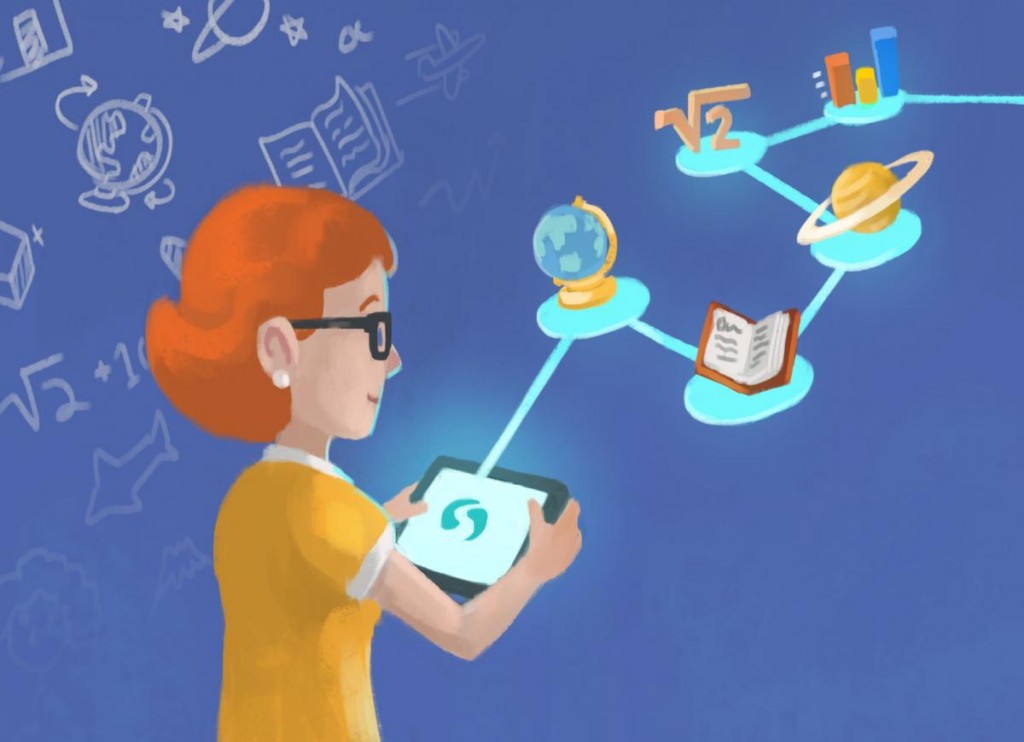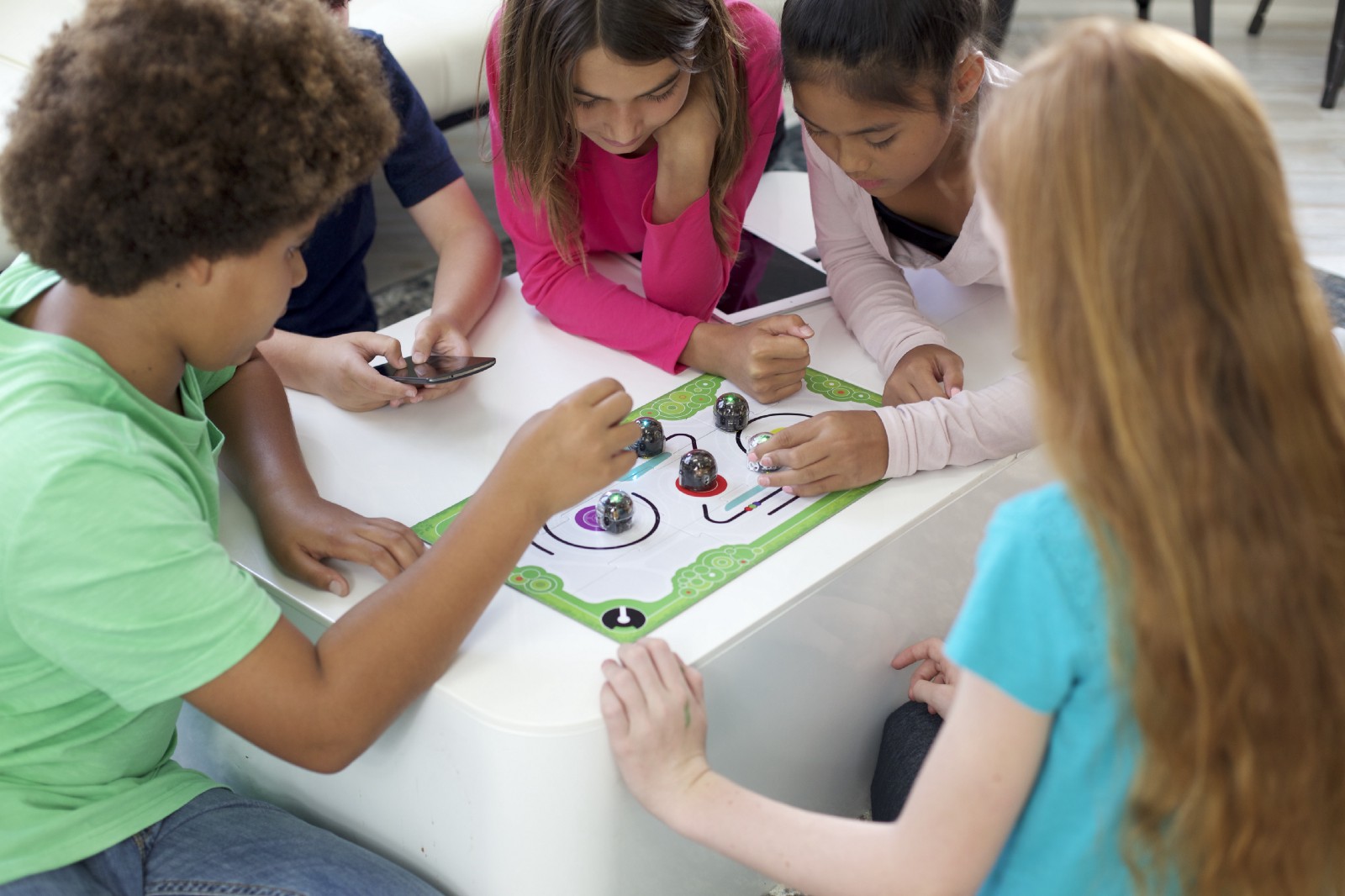From young learners to adults, games can be used to increase learning. Games have been used by teachers for centuries, and probably thousands of years as a way to engage students in learning. Who doesn’t like games? Perhaps a few people don’t like games. However, games are an excellent way to capture the attention of your students and encourage learning. Why are games beneficial in the learning process, and why do we love them?

Whether kids or adults are playing a game, we play because we want to learn and understand a new idea. We use our brains to try to understand a new concept. Jessica Trybus, author of “Game-Based Learning: What it is, Why it Works, and Where It’s Going” comments that when we play games, “our minds are experiencing the pleasure of grappling with (and coming to understand) a new system.” Humans enjoy trying to understand the point of the game, and of course- also trying to win!
Games are Enjoyable and CompetitiveWe love to win, right? Who doesn’t like to win? For the same reason that many adults play games, children play games. We enjoy the thrill of playing a game, the challenge, and we ultimately also enjoying winning! Learners of all ages are motivated to learn when playing games because they want to get the right answer. Whether your 4th-grade students are racing to the board to answer the question first, or adults are sitting around the card table, games encourage learning. We compete, we fight to win, and we learn at the same time.
They Help Us Obtain Our GoalsEveryone plays a game to obtain a goal. Not only do we play to win and to understand the game, but we also play because we want to obtain the objective of the game. We feel free to complete the “trial-and-error” system in a game and leave the “real world,” momentarily behind. Also, as noted by Jessica Trybus when we play a game, we are actively learning how to find the solution to the puzzle or game. Our brains are stimulated and involved in the learning process. In other words, games also encourage the use of problem-solving skills and critical thinking skills.
Games Encourage Problem-Solving and Critical Thinking SkillsOne of the reasons educators across the globe use games is because games encourage the development of problem-solving skills and critical thinking skills. Games encourage us to use both sides of our brains and help us think creatively and objectively. Often in schools, there are after-school programs and activities that encourage students to take part in learning, such as “Chess Club,” “Scrabble/Poetry Club,” “Monopoly Club,” and other clubs that include both games and learning. Games can be used in the class, after school, and at home to increase our ability to reason, logic, and problem-solve.
Games Include Exploring and BuildingAnother reason that game-based learning can develop children and even adults’ skills set is because game-based learning encourages us to open our minds through exploration and building. Sharon Boller notes that exploring and building games expand and our minds, and are fun! Justin Eames in his article, “What Game-Based Learning Can Do for Student Achievement” suggests the use of games such as Myst, Oregon Trail, and Sim City. Whether we are exploring an “imaginary land,” in the game Myst, a first-person mystery game, or building and learning about how to build a successful city in Sim City, we are engaging in the learning process.
Why Not Use Game-Based Learning?
Game-based learning is ultimately an effective way for teachers to encourage students to use their whole brain through exploring and building and developing and expanding their critical thinking and problem-solving skills. In addition to learning, children and adults alike are motivated to play games, because we like to obtain a goal, we like to win and compete, and we try to understand new ideas. Games allow us to leave our own “real world” temporarily and engage ourselves in the learning process in a non-traditional manner. Although there is also a time and place for PowerPoints, lectures, exams, and group projects, there is also nothing wrong with game-based learning!

Discover more game-based learning with RobotLAB!
Check as well our learning platform Engage!K12 that offer a wide range of lessons for students and teachers! No robotics experience required.



